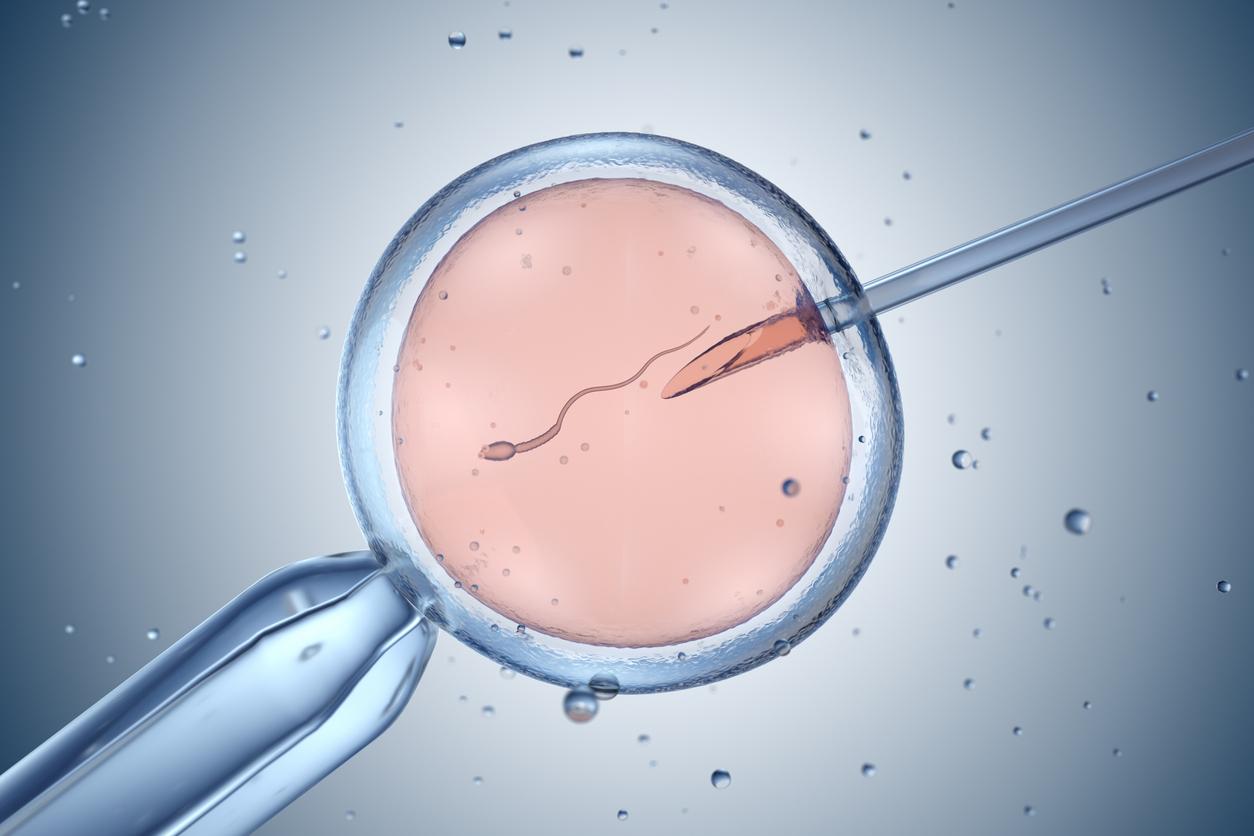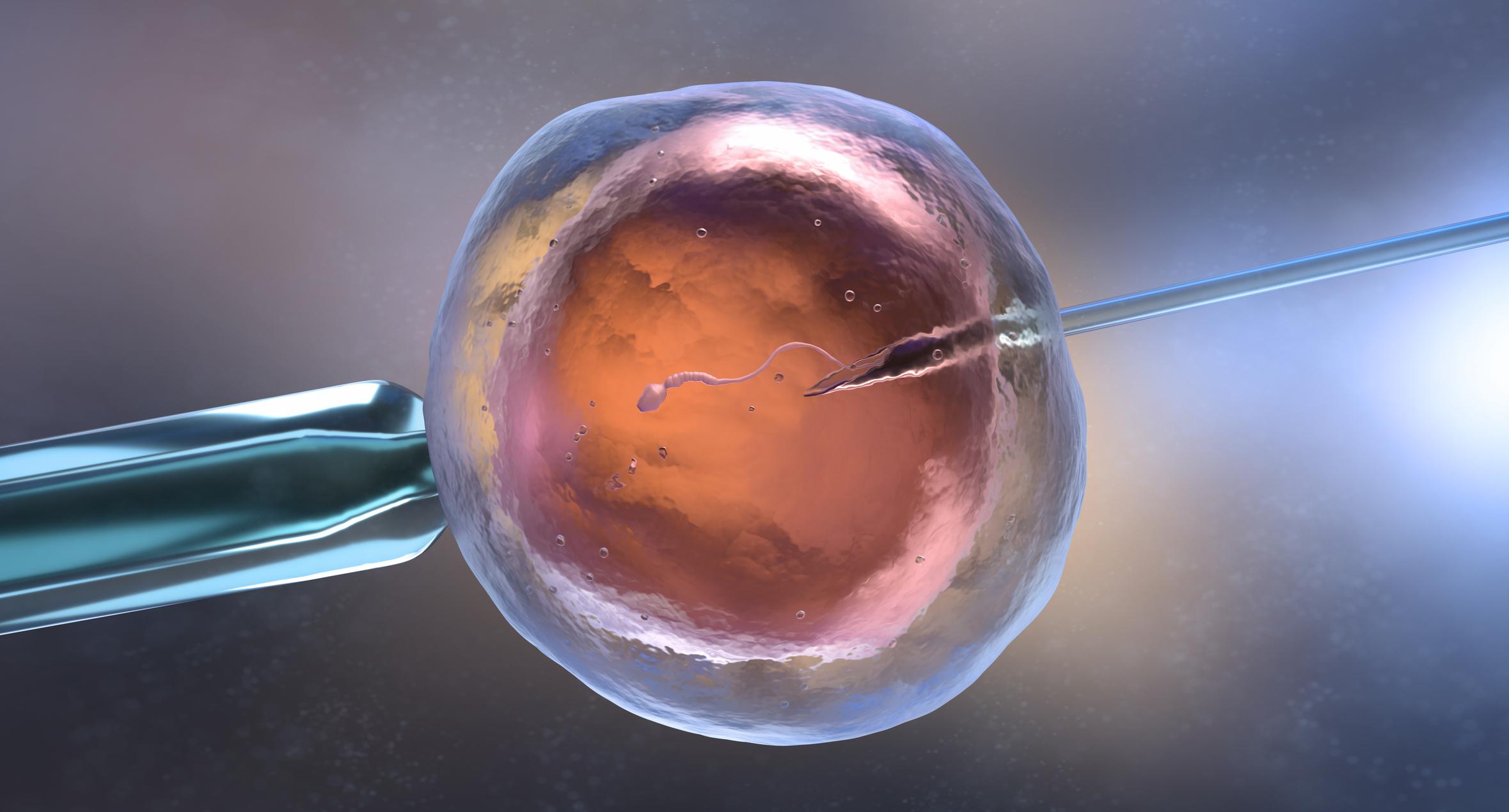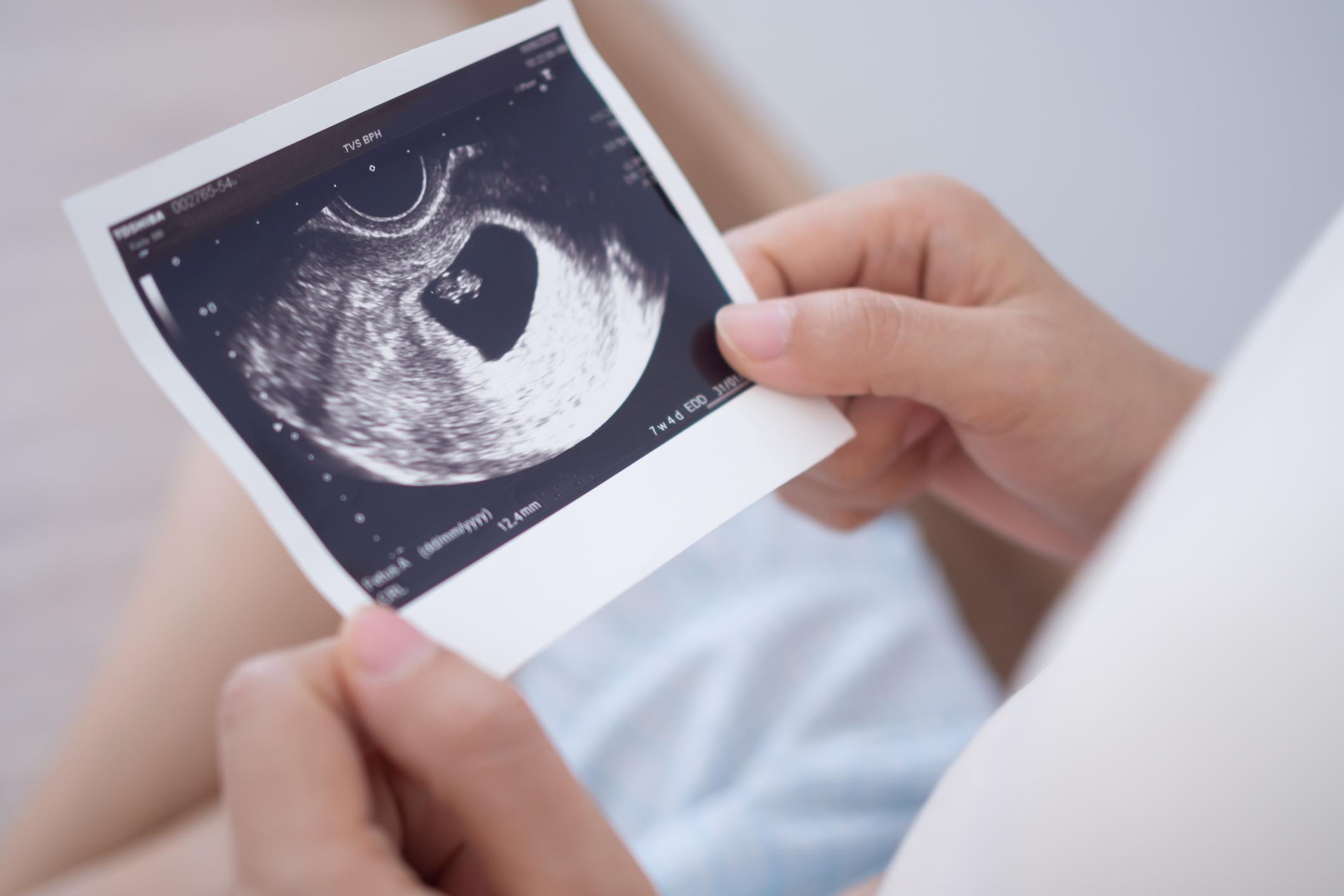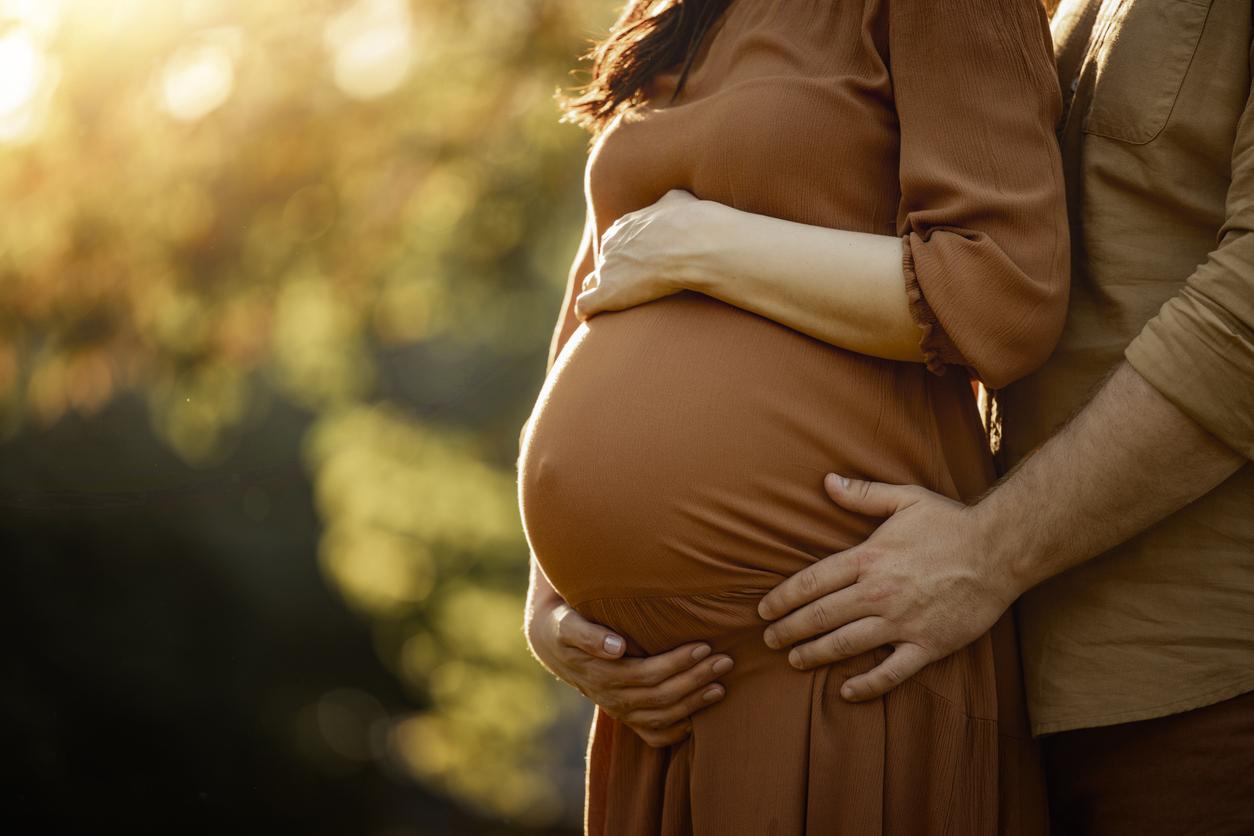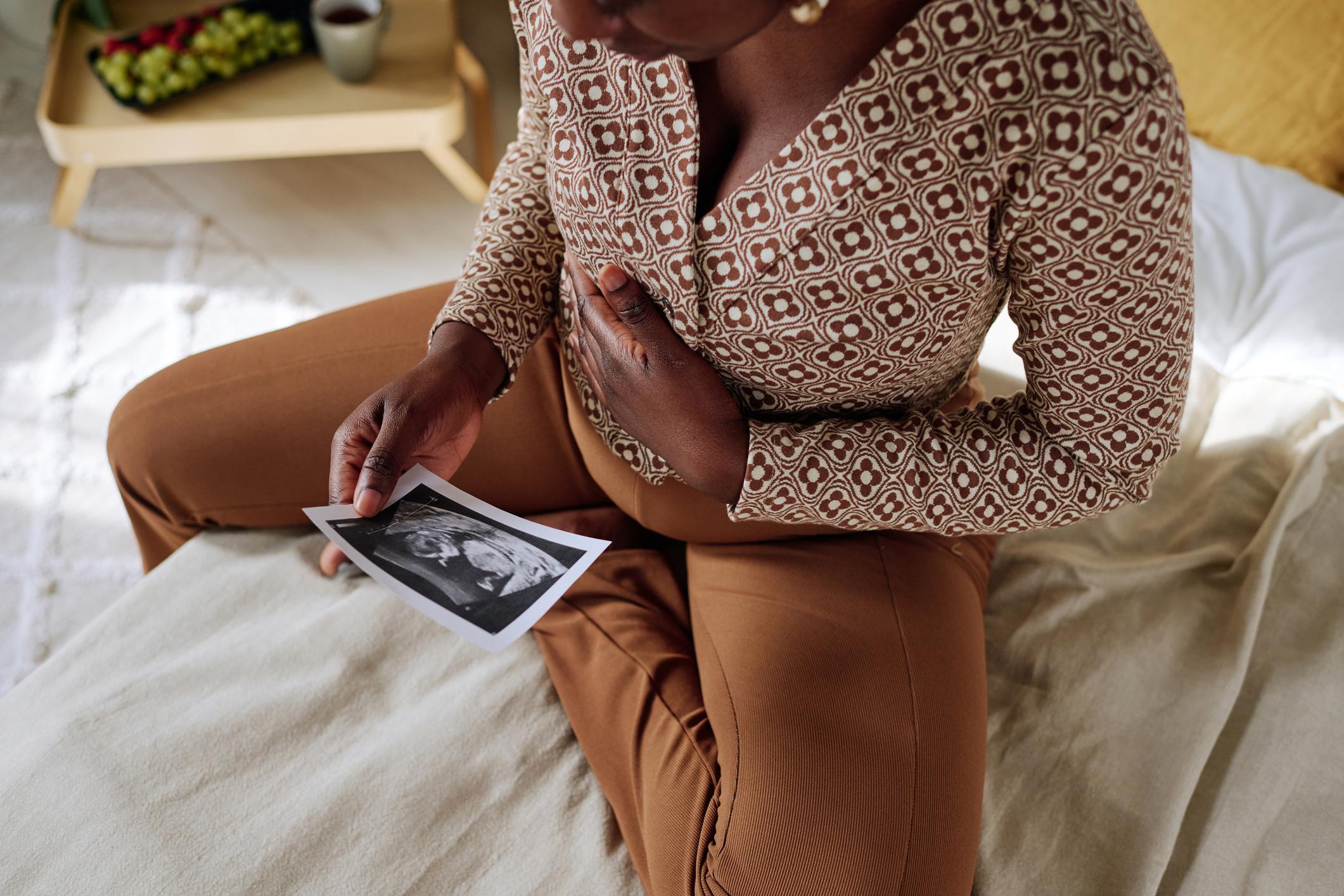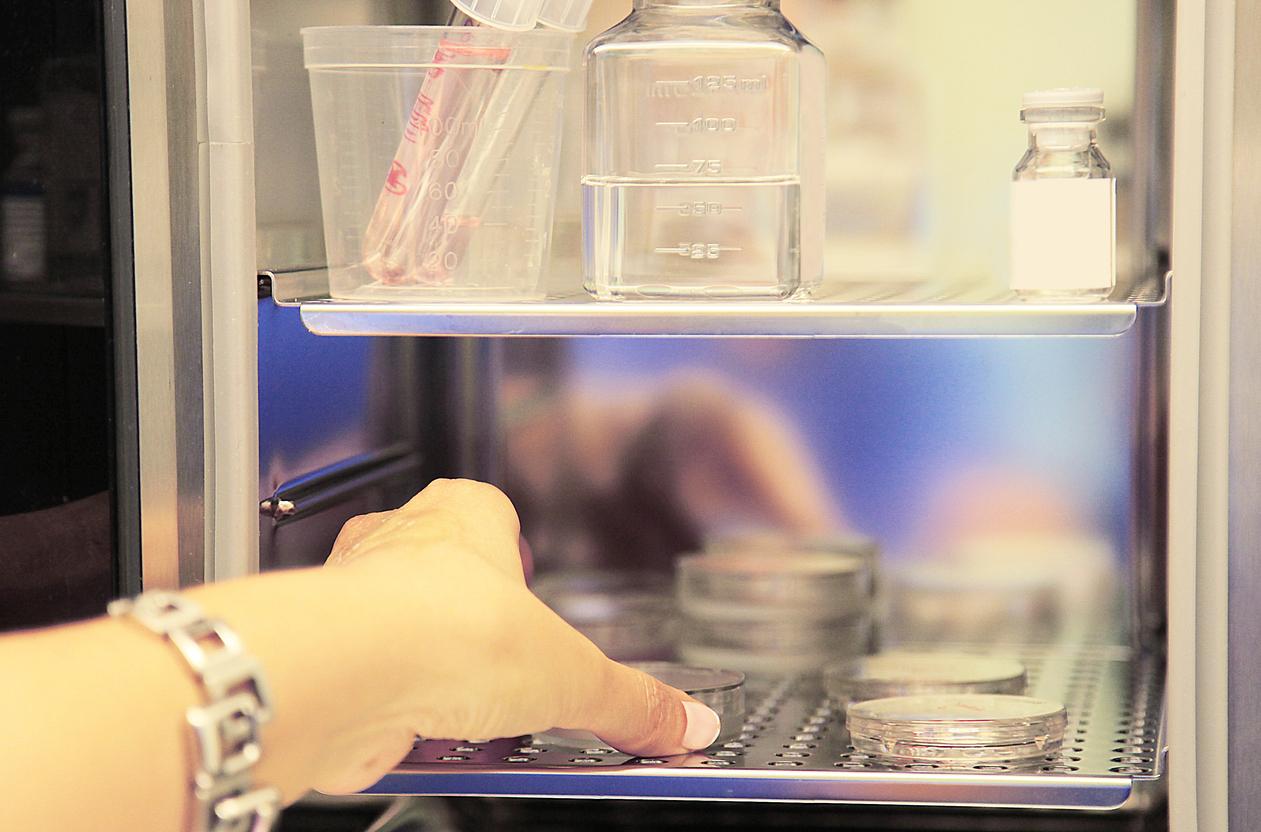Women who wish to have children later would have a better chance of having a baby by freezing their eggs than by having recourse to in vitro fertilization.

- Between 1910 and 1974, the average age at first childbearing increased from 25 to 24 years.
- In 2014, the lowest age at first child in the European Union was in Bulgaria (25.8 years) and the highest was in Italy (30.7 years).
Just over 28 years old. This is the average age at which women give birth to their first child in France, in 2015, according to theThe national institute of statistics and economic studies (INSEE). In 1974, it was 24 years old. Over the decades, women have children later, which sometimes makes things more complicated.
The duration of egg freezing does not affect the success rate
Researchers have just published a study in the journal Fertility and Sterility to understand which method was most likely to result in pregnancy for women who want to have children later. Thus, they compared those who had frozen their eggs (543 patients with an average age of 38 years at the time of the first egg freezing, whereas the optimal age for freezing eggs is 35 years or less) with those who had undergone in vitro fertilization.
As a reminder, IVF is a technique that consists of bringing sperm into contact with oocytes outside the woman’s body in order to form an embryo. Generally, this is done in the laboratory, in a test tube. Once the egg is grown and the embryo(s) obtained, up to two of them will be transferred to the woman’s uterus within two to five days. So she might be able to get pregnant.
According to their results, 70% of women who froze eggs when they were under 38, and who thawed at least 20, had a baby. In addition, fourteen women who froze their eggs between the ages of 41 and 43 managed to have children from them. A total of 211 babies were born with egg freezing, and the duration of egg freezing did not affect the success rate.
IVF, a less effective method with age
“It is important to note that our study is based on actual clinical experience. Rather than mathematical modeling with limited data, which is consistent with most of the published work on egg freezing birth chances until ‘now”explains Sarah Druckenmiller Cascante.
According to the researchers, doing IVF at age 40 seems less effective. Indeed, less than 30% of women became pregnant using this technique and less than 20% eventually had a baby. Scientists therefore believe that from a certain age, it is better to try to get pregnant with your own frozen oocytes than with younger embryos in the context of IVF.
“Freezing eggs when you are young becomes an option to be your own egg donor in old age”concludes James A. Grifo, one of the authors.









